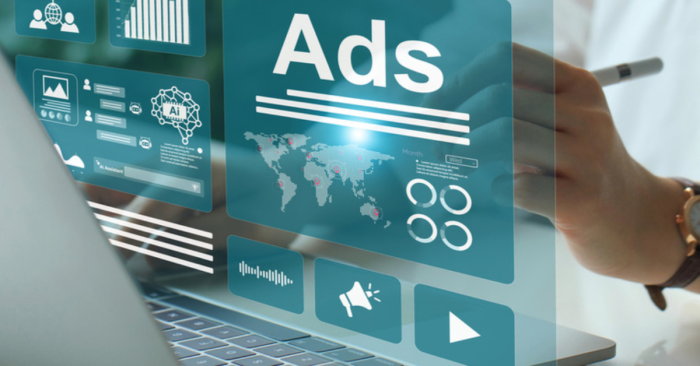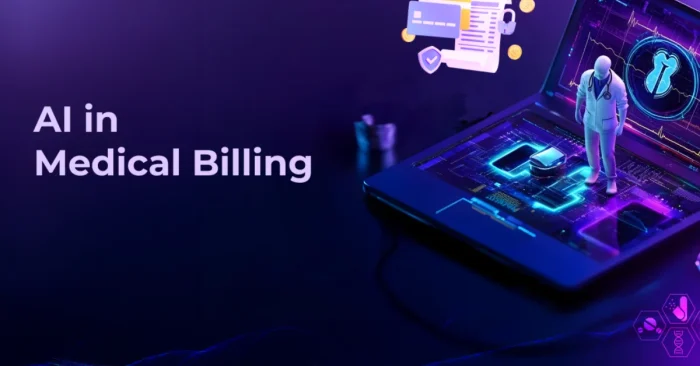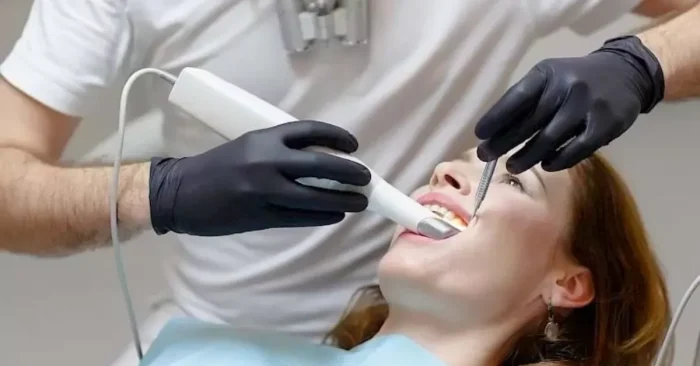Overview
AI tools for PPC (Pay-Per-Click) campaigns help businesses and marketers optimize ad performance by automating bidding, analyzing keywords, and targeting audiences effectively. These tools use machine learning and predictive analytics to improve ROI by delivering the right ads to the right people at the right time. From Google Ads to social media platforms, AI ensures campaigns are data-driven and result-oriented. Small businesses benefit from budget-friendly automation, while larger companies gain scalability and precision. With AI, PPC campaigns become smarter, faster, and more efficient, driving higher conversions and reducing wasted ad spend.
1. AI in Keyword Research
AI tools analyze search trends, competition, and user intent to suggest high-performing keywords. Unlike manual research, AI provides real-time insights into long-tail and niche keywords that improve targeting. Businesses benefit from more relevant traffic and reduced CPC (Cost per Click). Small businesses can compete with larger players using data-driven keyword strategies, while bigger companies scale campaigns across markets. By continuously updating keyword suggestions, AI ensures PPC ads remain effective and aligned with customer behavior.
2. AI for Smart Bidding
AI-powered bidding strategies automatically adjust bids based on performance, device, location, and audience signals. This helps businesses maximize conversions within budget. Small advertisers save time by relying on AI for bid optimization, while larger companies handle millions of ad impressions efficiently. AI smart bidding adapts in real-time, ensuring ads are shown to the most relevant users. This increases ROI, reduces wasted spend, and improves overall campaign success.
3. AI in Audience Targeting
AI tools analyze user demographics, behavior, and interests to target the right audience for PPC campaigns. By studying browsing history, purchase intent, and social activity, AI ensures ads reach people most likely to convert. Businesses benefit from higher engagement, better click-through rates, and stronger customer connections. Small businesses use AI to identify niche audiences, while big brands maintain relevance across global markets. AI-driven audience targeting reduces guesswork and ensures ads speak directly to customer needs.
4. AI for Ad Copy Optimization
AI tools generate, test, and refine ad copies that maximize clicks and conversions. By analyzing past performance and audience preferences, AI suggests the best headlines, descriptions, and calls-to-action. This saves time and increases creativity. Small businesses get instant professional-level ad copy, while larger companies test multiple variations at scale. With AI, businesses ensure their PPC ads are persuasive, relevant, and aligned with customer intent.
5. AI in Predictive Analytics
AI uses predictive models to forecast campaign outcomes and recommend strategies. By analyzing past data and current trends, AI predicts which ads, audiences, and keywords will perform best. Businesses benefit from proactive decision-making instead of trial and error. Small advertisers can plan budgets more effectively, while larger corporations optimize global campaigns. Predictive analytics reduces risks, increases ROI, and ensures campaigns adapt to future market changes.
6. AI for Competitor Analysis
AI tools monitor competitor ads, keywords, and bidding strategies to give businesses a competitive edge. By identifying gaps and opportunities, AI helps brands stand out in crowded markets. Small businesses can refine campaigns to compete effectively, while larger companies use AI insights for advanced strategies. Competitor analysis ensures PPC campaigns remain original, impactful, and ahead of the market curve.
7. AI in Budget Optimization
AI continuously tracks ad spend, conversion rates, and ROI to allocate budget where it performs best. This prevents overspending and maximizes efficiency. Small businesses benefit from tighter budget control, while larger companies manage complex multi-channel campaigns effectively. Budget optimization ensures businesses achieve higher returns without increasing overall costs.
8. AI for A/B Testing
AI tools automate A/B testing by quickly identifying the most effective ad creatives, headlines, and targeting strategies. Instead of waiting weeks, businesses get instant insights into what works. Small businesses save time and money, while larger organizations optimize campaigns at scale. AI ensures continuous improvement, making PPC ads more effective with each iteration.
9. AI in Fraud Detection
AI detects click fraud and invalid traffic by analyzing suspicious patterns in PPC campaigns. This protects businesses from wasting money on fake clicks and bots. Small companies safeguard their limited budgets, while larger enterprises maintain campaign integrity. Fraud detection ensures ad spend is invested in genuine, high-quality traffic, improving ROI and trust.
10. AI for Real-Time Insights
AI provides real-time dashboards and analytics, helping businesses track performance instantly. With automated alerts and suggestions, businesses can make quick decisions to improve campaigns. Small businesses gain clarity without hiring analysts, while larger organizations benefit from advanced analytics at scale. Real-time insights keep PPC campaigns agile and competitive in fast-changing markets.
(FAQs)
Q1: Can AI tools improve PPC ROI?
Yes. AI optimizes bidding, targeting, and ad copy, ensuring higher returns on investment.
Q2: Are AI PPC tools suitable for small businesses?
Yes. Small businesses benefit from affordable automation, budget optimization, and fraud detection features.
Q3: Do AI tools replace PPC managers?
No. AI supports PPC managers by automating tasks and providing insights, but human expertise is needed for strategy and creativity.
Learn More About AI Course https://buhave.com/courses/learn/ai/






